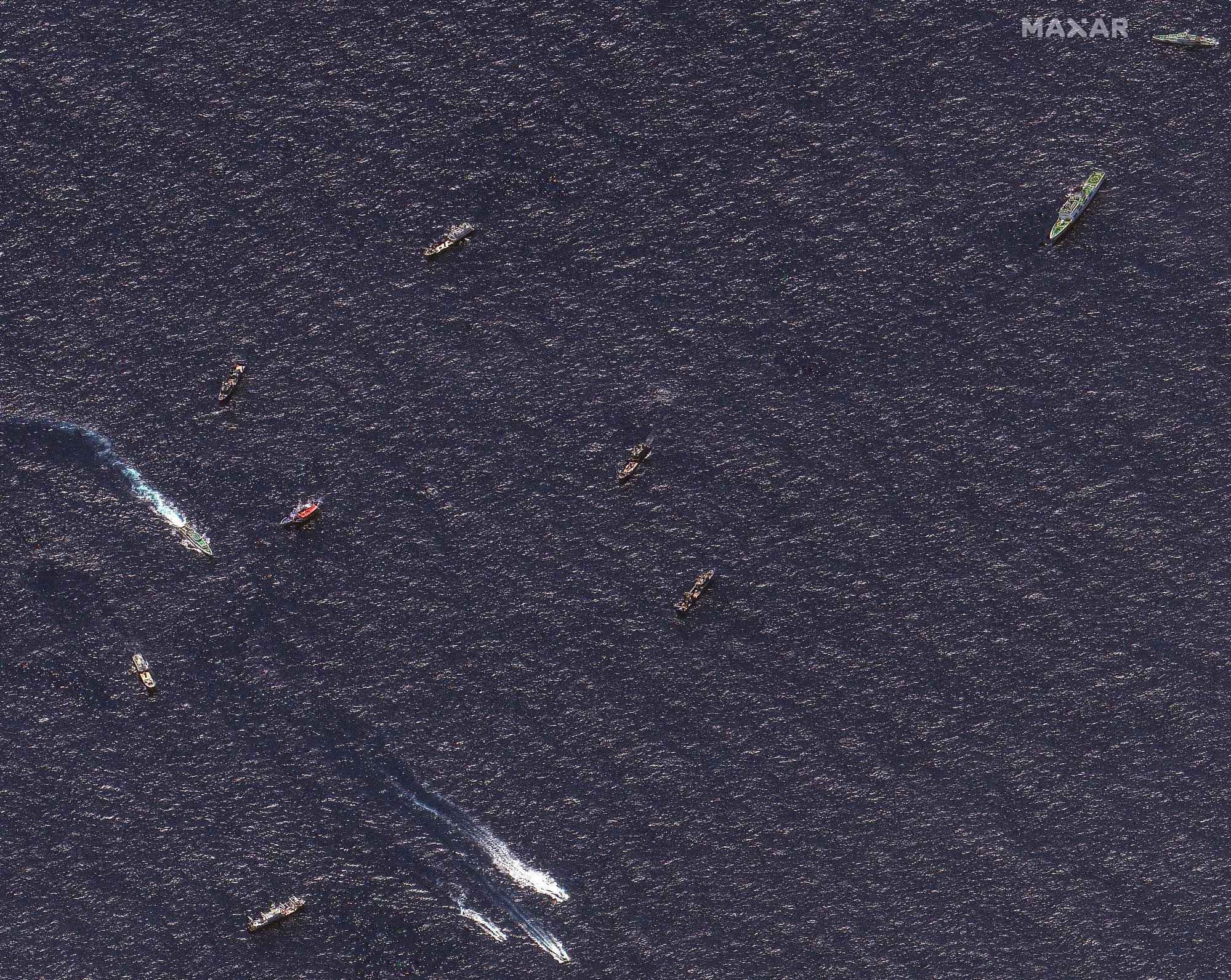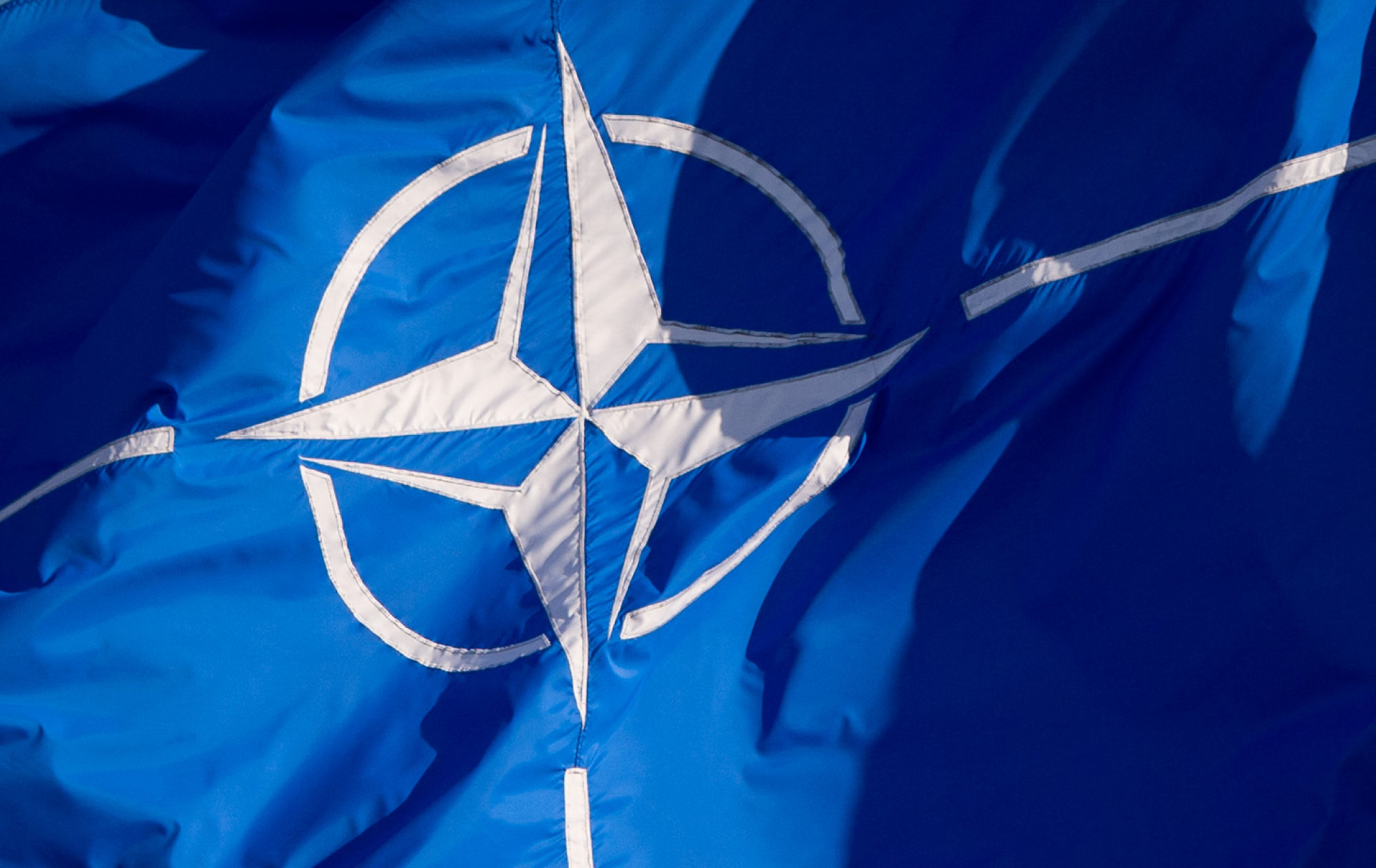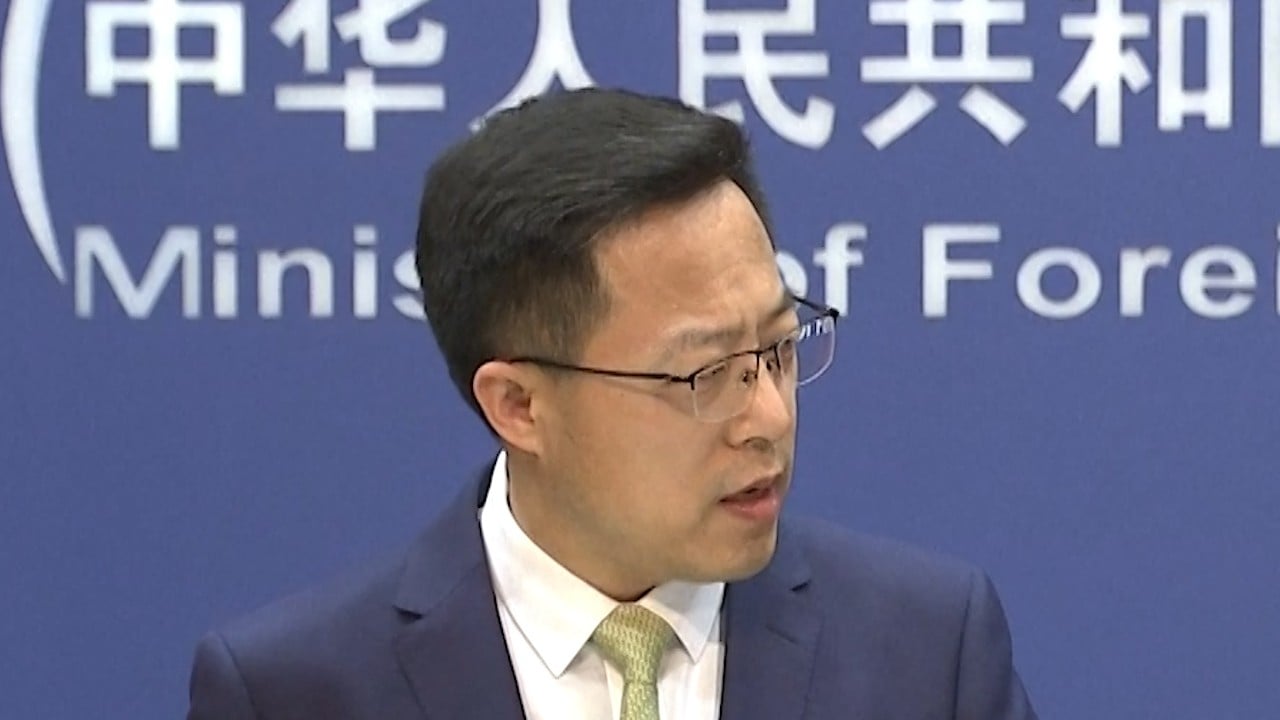This stood in stark contrast to the 2020 survey, which found that 54.2 per cent thought the Quad had a “very negative” or “negative” effect on Southeast Asian security, or had “no impact”.
It also marked an increase compared to 2022, when 58.5 per cent of respondents said they either “agreed” or “strongly agreed” that strengthening the Quad would be constructive for the region.

It also found that perceptions of China as the most influential economic power in Southeast Asia remain high, at 59.5 per cent, while 41 per cent expressed concern about Beijing’s growing regional economic influence.
When asked what Asean’s response should be if it is caught in the crossfire as Beijing and Washington compete for influence and leadership in Southeast Asia, 46.8 per cent said Asean should enhance its resilience and unity to fend off pressure from the two major powers.

Apart from launching a vaccine partnership and promising to deliver 1 billion vaccines to the Indo-Pacific region, the summit also discussed climate change, critical technologies, counterterrorism, maritime security and humanitarian assistance.
One of the Quad’s main aims – announced at the leaders’ summit in 2022 – has been the introduction of an Indo-Pacific Partnership for Maritime Domain Awareness to ensure maritime transparency through “innovative technologies”.
Commercial satellite radio frequency data collection is an example of this, to provide Southeast Asian nations with near real-time information on activities occurring in their maritime zones.
Beijing has derided the Quad as “a tool” to contain China and many in the region have worried that throwing their lot in with the informal securing grouping would anger their largest trade partner.
There were also concerns that the Quad would undermine Asean centrality, a principle emphasising the bloc’s dominant role in overcoming common regional challenges and engaging with external powers.
The Quad’s language about upholding the rule-based order and democratic values, meanwhile, was said to make some Southeast Asian governments uncomfortable.
While these reservations still remain to some degree, the announcement that the Quad would help provide public goods – such as infrastructure, digital connectivity, and public health – to the region has somewhat assuaged Southeast Asian concerns that the grouping was too heavily focused on security.
US, Philippines, Japan, Australia to hold South China Sea drill amid China actions
US, Philippines, Japan, Australia to hold South China Sea drill amid China actions
As this year’s survey indicated, only 11.5 per cent of Southeast Asians were confident that China would be able to provide leadership in maintaining the rules-based order and in upholding international law.
To seize this momentum, the Quad should continue to roll out tangible public goods, especially in infrastructure and health, so that more of these benefits become visible in Southeast Asia.
The Quad should also hold its next leaders’ meeting in the region soon as a continued delay, especially on the part of the US, would once again raise concerns about Washington’s regional presence and commitment.


